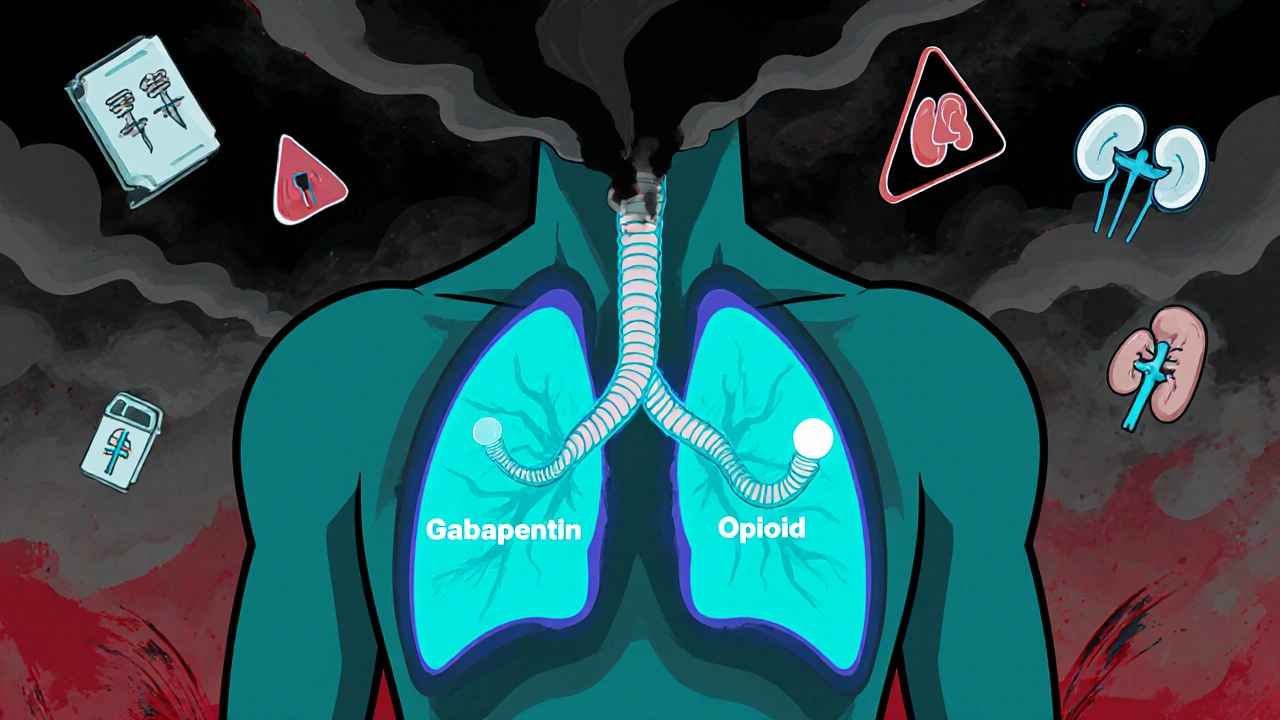Gabapentinoids: What They Are, How They Work, and What You Need to Know
When doctors prescribe gabapentinoids, a class of medications originally developed for epilepsy but now widely used for nerve pain. Also known as gabapentin-like drugs, they work by calming overactive nerves in the brain and spinal cord. The two most common ones are gabapentin, a first-generation drug often used for post-shingles pain and restless legs and pregabalin, a stronger, faster-acting version approved for diabetic nerve pain, fibromyalgia, and certain types of seizures. These aren’t typical painkillers like ibuprofen—they don’t reduce swelling or inflammation. Instead, they target the way nerves send pain signals, which is why they help with burning, tingling, or shooting pain that doesn’t respond to regular meds.
Gabapentinoids are often used off-label for anxiety, insomnia, and even alcohol withdrawal, even though the evidence isn’t always strong. That’s part of why they’ve become so popular—and why they’re sometimes misused. Unlike opioids, they don’t cause respiratory depression, but they can still lead to dizziness, drowsiness, weight gain, and in rare cases, dependence. The FDA has warned about serious breathing problems when gabapentinoids are taken with opioids or other sedatives, especially in people with lung disease. And while they’re not controlled substances everywhere, more states are starting to track them like narcotics because of rising misuse.
What you won’t find in most patient guides is how these drugs affect real people day-to-day. Some swear by them for chronic nerve pain. Others quit because the side effects outweigh the benefits. And a lot of people don’t realize that stopping suddenly can cause seizures or severe anxiety—even if they’ve only taken them for a few weeks. The posts below cover exactly these real-world issues: how gabapentinoids interact with other meds, why some people feel worse over time, what alternatives actually work, and how to talk to your doctor about tapering safely. You’ll also find comparisons with other nerve pain treatments, stories from patients who’ve been on them for years, and warnings about buying them online without a prescription. This isn’t just about what the label says. It’s about what happens when the pill becomes part of your life.
Gabapentinoids and Opioids: The Hidden Danger of Combined Respiratory Depression
Combining gabapentinoids with opioids can dangerously slow breathing-even kill. Learn why this interaction is deadlier than many doctors realize, who’s at risk, and what safer alternatives exist.
More
